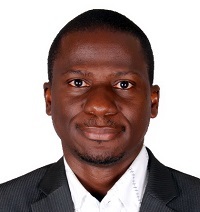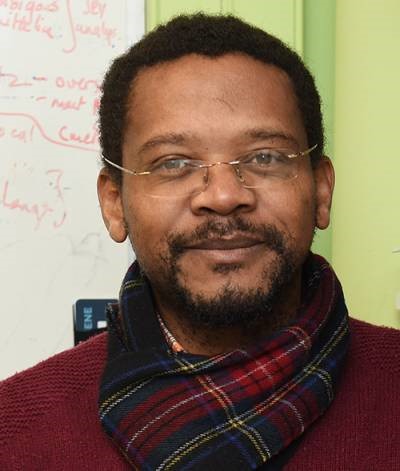
Dr. Erisa Mwaka is an orthopaedic surgeon, academician and bioethicist. He holds a Bachelors of Medicine and Bachelors of Surgery (Makerere University, Uganda), Master of Medicine (Makerere University, Uganda), Master of Social Sciences in Health Research Ethics (University of Kwazulu Natal, South Africa) and PhD (Fukui University, Japan). He is a senior lecturer of Human Anatomy at the College of Health Sciences, Makerere University, and chairs the Makerere University School of Biomedical Sciences Higher Degrees and Research Ethics Committee. He is a member of the bioethics working group at Uganda National Council for Science and Technology (UNCST) and Makerere University College of Health Sciences (MakCHS); and faculty to the National Institute of Health (NIH) Forgarty funded International Health Research Ethics Training (IHRET) program at Makerere College of Health Sciences. His has research interest in ELSI of biobank and genomic research, spine disorders, bone health in HIV, occupational health, human anatomy, and medical education. He is an H3 Africa principal investigator investigating the Ethical and Societal Issues in informed consent processes in genomic research in Uganda. He is member to the H3 Africa Ethics and Community Engagement working group. He has more than 50 publications in peer-reviewed journals.


